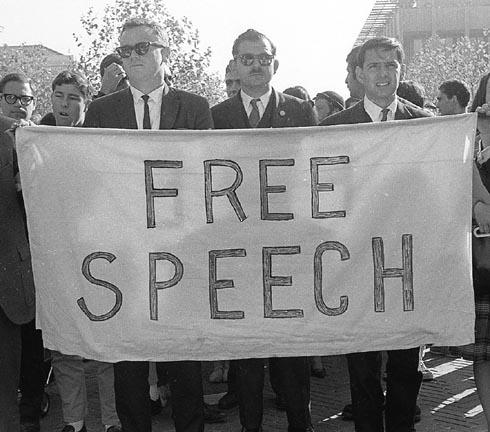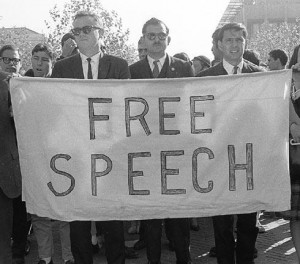
Citizens United is a decision handed down in 2010 from the Supreme Court of the United States. In short, the case opened the door to what we now know as Super PACs, or advocacy organizations that can accept unlimited monetary contributions and then spend any amount available on behalf of any candidate or campaign. Liberals, who for years have supported political spending by unions and advocacy groups like the NAACP on behalf of Democrats, have been up in arms since the decision came down, saying that it allows mean corporations to spend money and sway our elections. Conservatives often defend the decision as a victory for free speech.
 Well now that decision could be reconsidered. The United States Supreme Court has announced that it will take a case coming up from Montana known as American Tradition Partnership v. Bullock. The details are not particularly important, but the legal implications are.
Well now that decision could be reconsidered. The United States Supreme Court has announced that it will take a case coming up from Montana known as American Tradition Partnership v. Bullock. The details are not particularly important, but the legal implications are.
The courts of Montana have reportedly held that under their own laws, the state government does not have to adhere to the holding in Citizens United and can restrict organizational contributions to PACs at will. It is essentially a federalism argument in that they feel Citizens United extends only so far as federal law and federal elections while states are considered arbiters of their own voting process.
There is only one problem. Citizens United is settled law on the First Amendment, you know it right? The one about free speech? Under the Fourteenth Amendment, freedom of speech can be applied to the states.
Individual states have the absolute right by statute or their own constitution to guarantee rights to citizens that go above and beyond those found in the United States Constitution. However, under no circumstances can states go below the floor that our founding fathers set. The bottom line is that the Federal standard of free speech is the minimum amount of free speech throughout the land.
If the Supreme Court allows Montana to restrict political contributions from individuals or entities it would be the fastest turnaround in the history of Supreme Court precedent and a slap in the face to free speech as a concept and a right. It would essentially allow states to ban or limit political speech at will; a thought that is nothing short of scary.



If the Supreme Court allows Montana to restrict political contributions from individuals or entities it would be the fastest turnaround in the history of Supreme Court precedent and a slap in the face to free speech as a concept and a right. It would essentially allow states to ban or limit political speech at will; a thought that is nothing short of scary.
Or….the Court could overturn the Montana decision and invalidate all State restrictions on free speech/campaign spending. No?
So, what's the difference between this, and say, Mississippi restricting doctors from abortion procedures, since Roe v. Wade is the law of the land. Just asking the question, politics aside.
Abortion isn't a constitutionally protected right
Technically yes, that would be the law remaining as it stands today. However, the 4 liberal members of the court are hoping that seeing all of the Super PAC money will make Justice Kennedy float over to their side.
To the Author:
I appreciate the fact you are trying to bring light to the issues. I'm also from South Jersey and a law student. First of all, I want to say that it's a much more complicated issue than the way you frame the issues in this article. In the Buckley case, the Court made the distinction between direct contributions and independent expenditures. The former is limited by the government whereas the latter is not (e.g. advent of Super PACS, etc.). It is simply not true that if Montana has its way, that states can then ban or limit political speech at will. It would be more meaningful to get into the arguments why it would be of interest to the State to limit the huge influx of money pouring into our political system. How about the anti-distortion argument? As conservative and hopefully a Federalist, you recognize the problems of the status quo: namely the rent-seeking activities of large corporations spending billions of dollars for elections in exchange for political favors. I don't know who your readership is for this blog but hopefully we can enhance the discussion to a more meaningful level. Thanks and Good Luck.
PS. Yes, the right to an abortion is a constitutionally protected right. The state cannot impose an undue burden on a woman seeking an abortion.